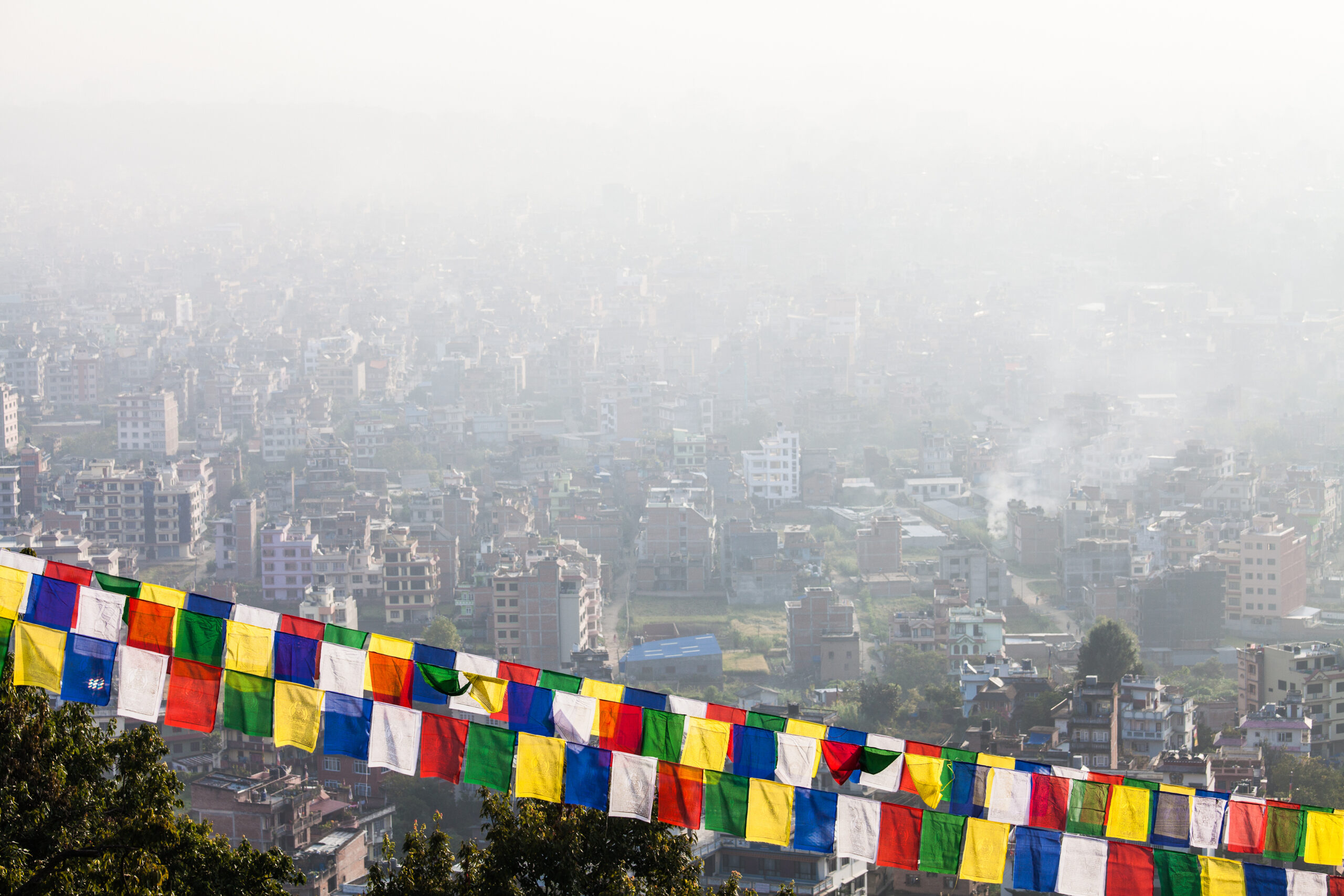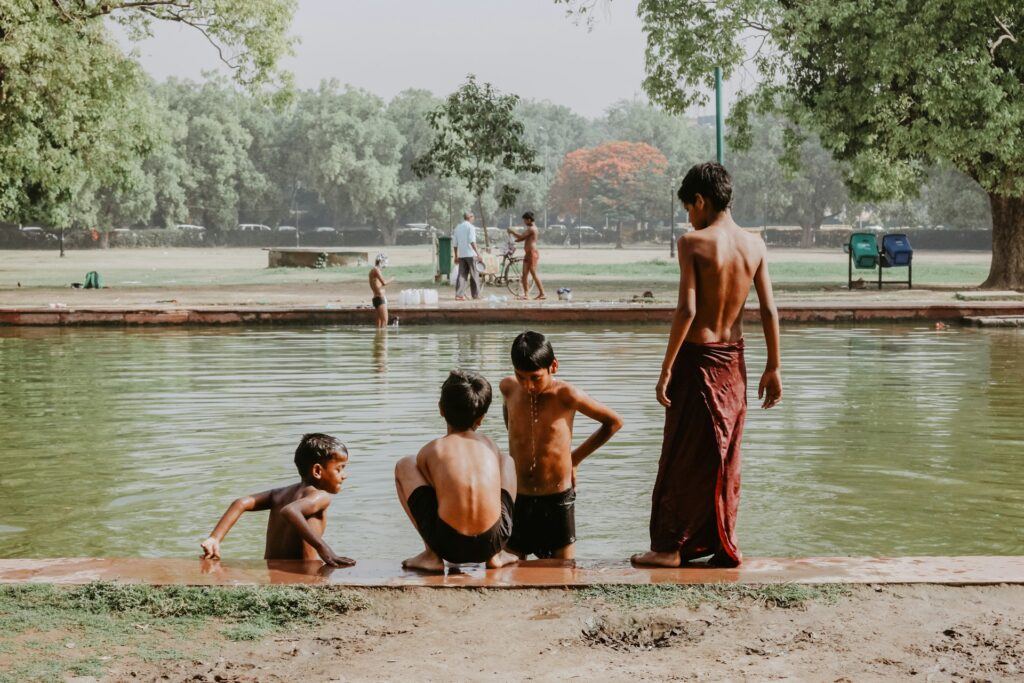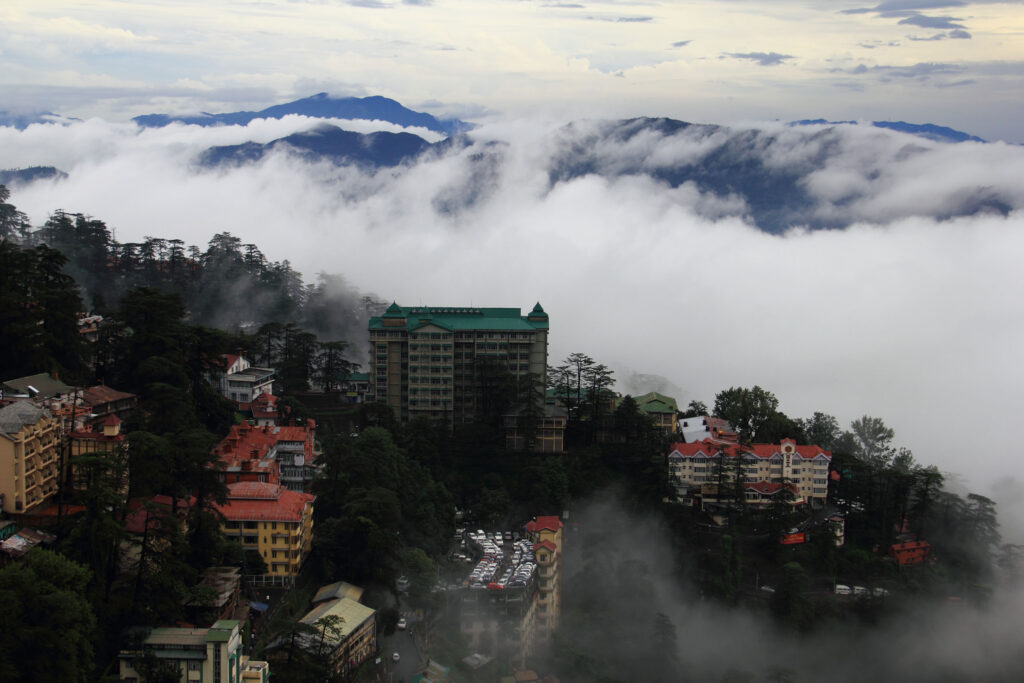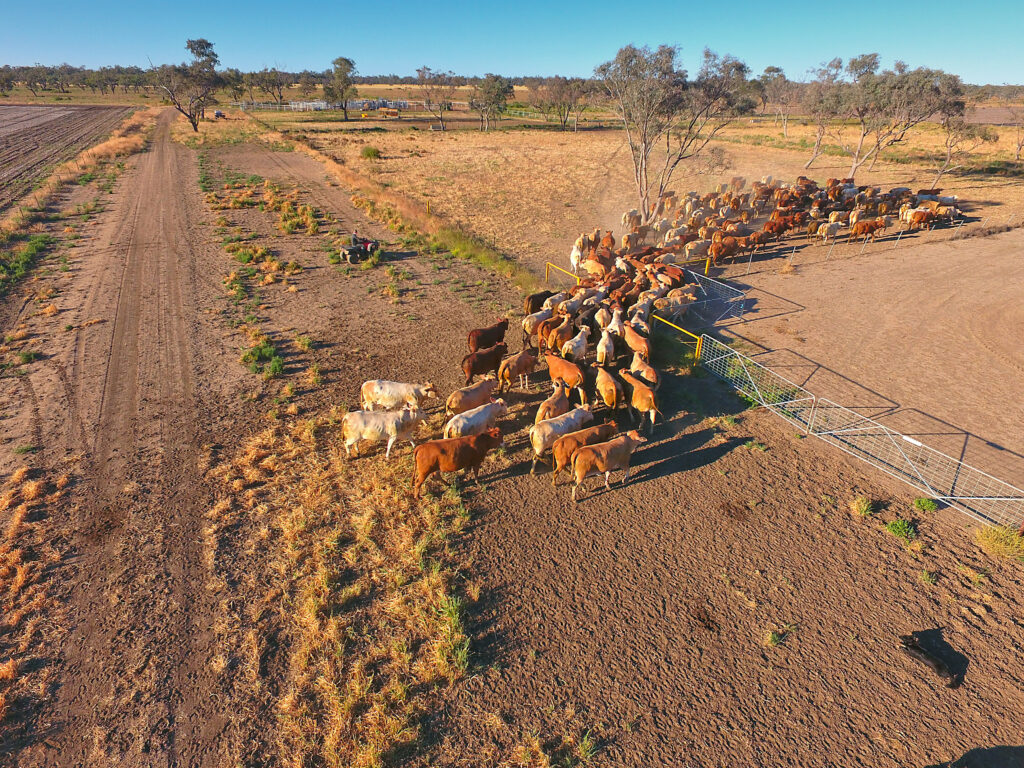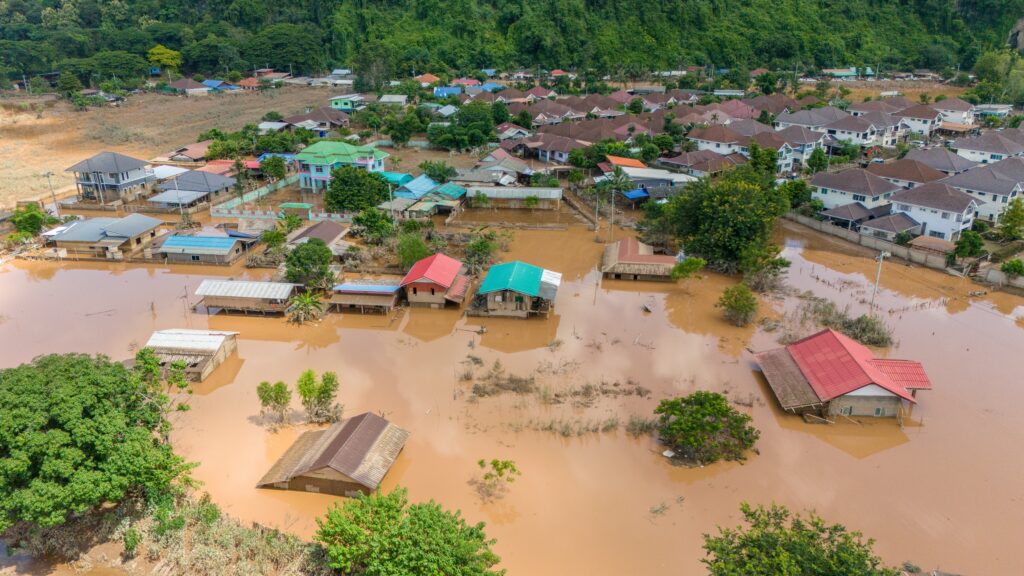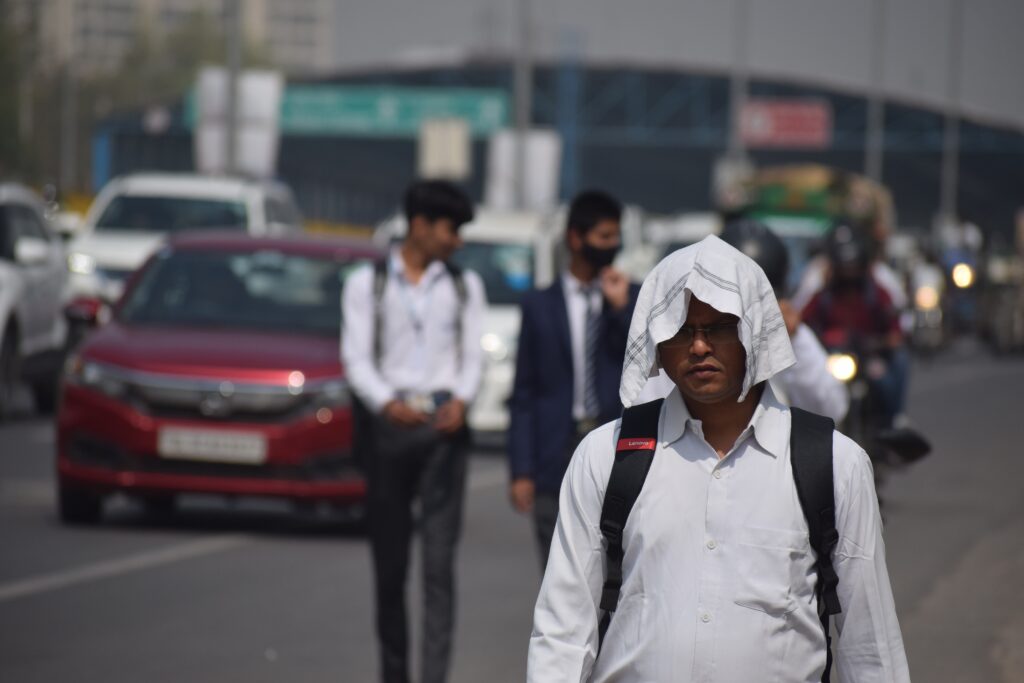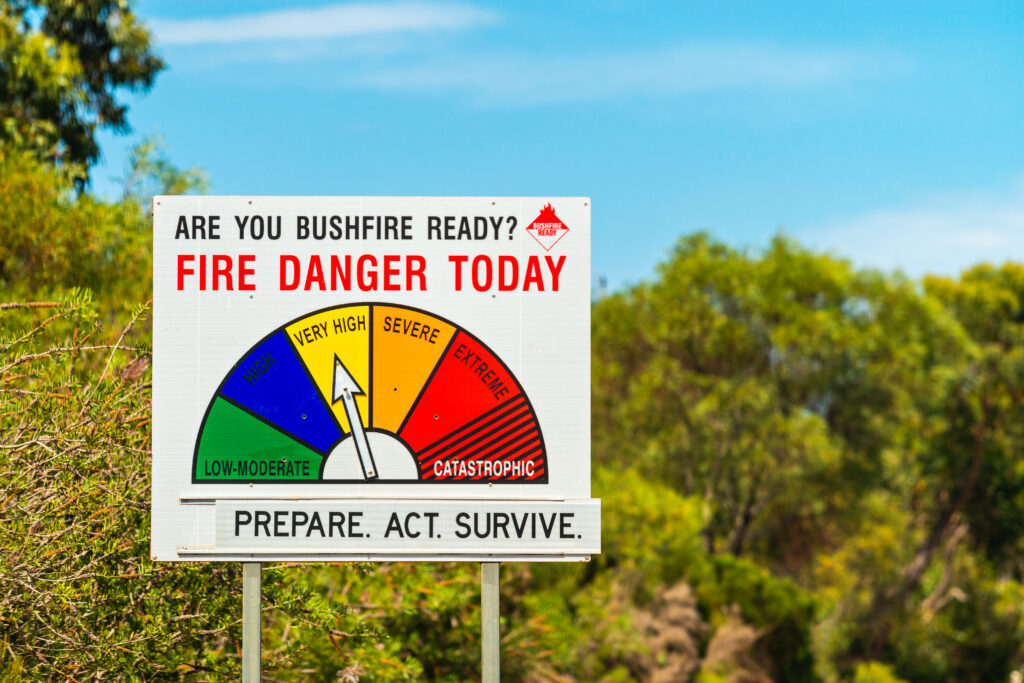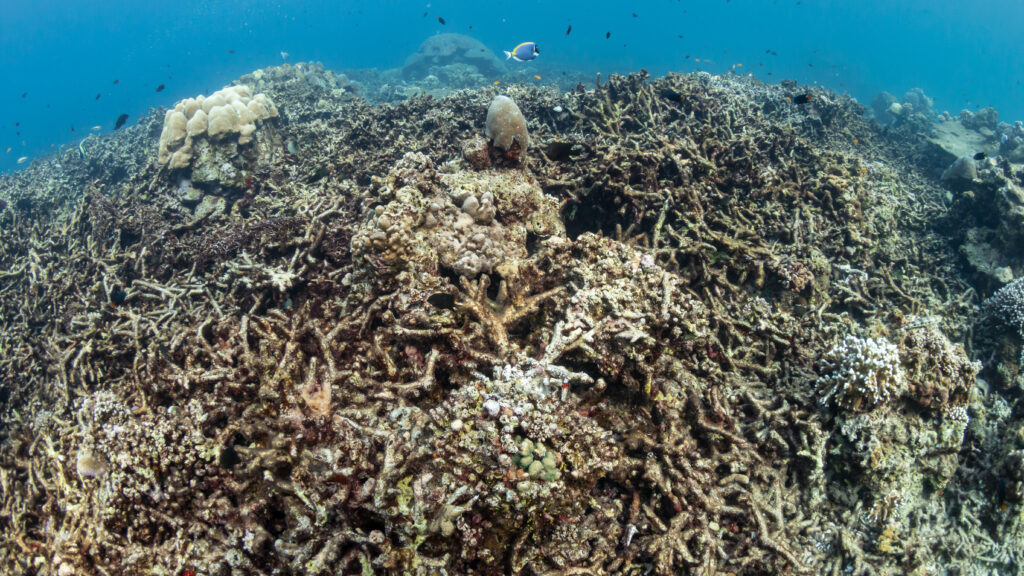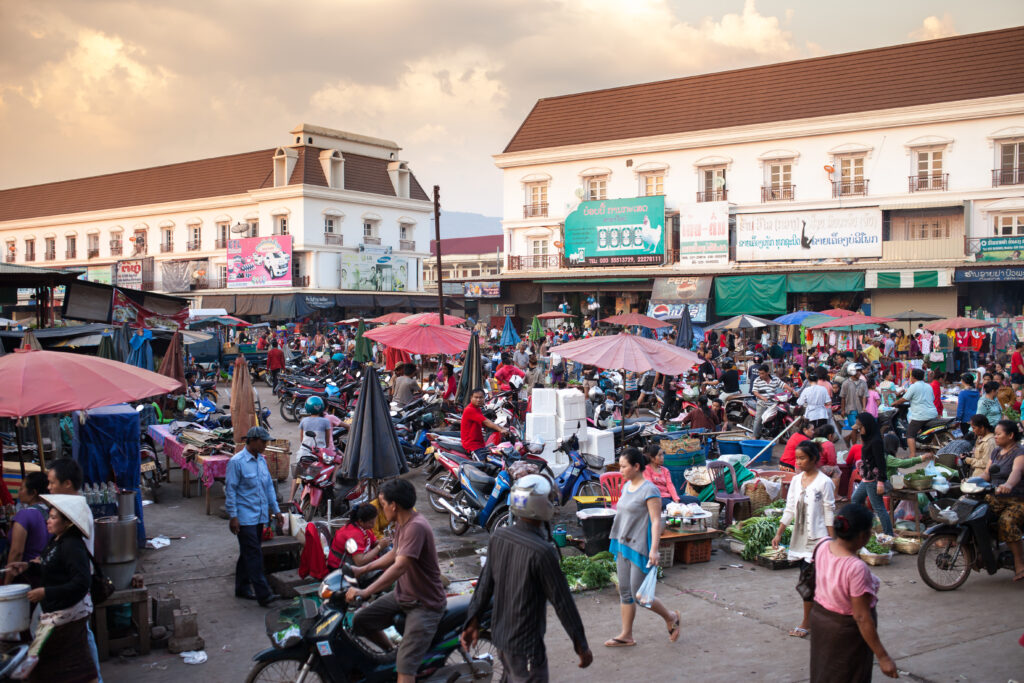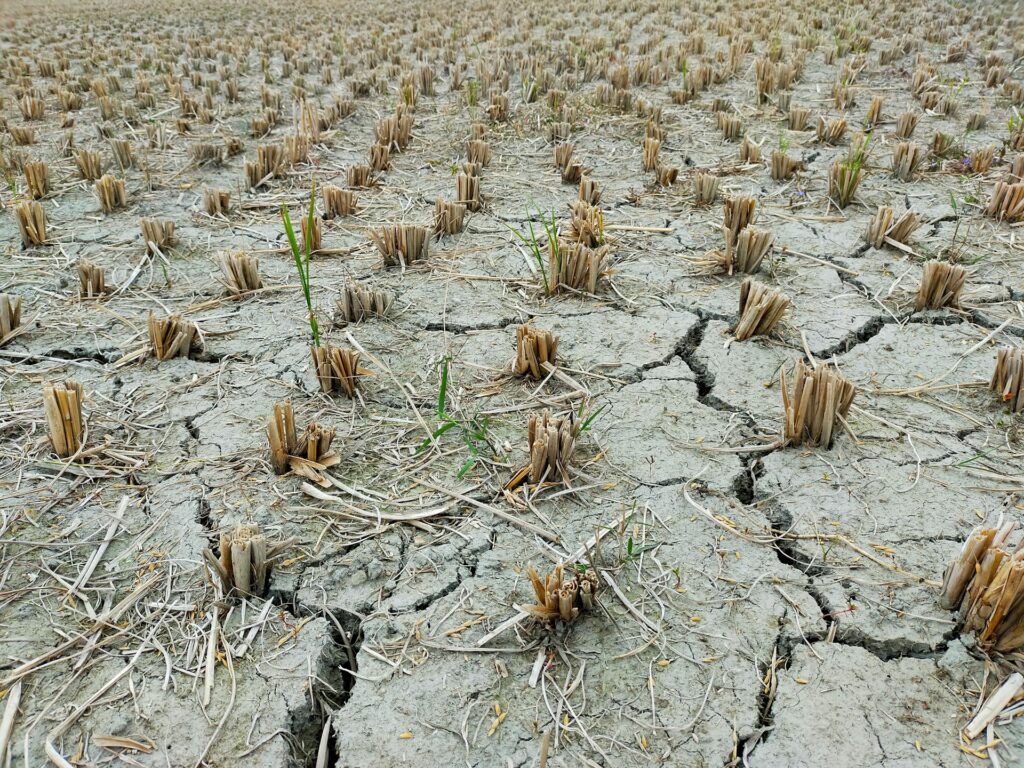Climate Change in Nepal 2024
Climate change in Nepal is threatening one of the nation’s most important industries: tourism. Nestled in the peaks of the Hindu Kush Himalaya (HKH) and known for its iconic mountains and landscapes, Nepal is rich in natural beauty and cultural heritage. For tourists, the region offers a diverse range of experiences – from mountaineering and trekking to wildlife safaris – drawing in around 1 million visitors each year. However, Nepal’s iconic destinations are increasingly vulnerable to the impacts of climate change. Drought, avalanches, flash floods and landslides pose a severe threat to its mountain communities and tourism-related livelihoods, breeding uncertainty for the future.
What Are the Climate Risks in Nepal?
Anu Kumari Lama, a tourism specialist at the International Centre for Integrated Mountain Development (ICIMOD), spoke to CITA to shed light on the profound impact of climate change on Nepal’s tourism sector. A passionate advocate for environmental sustainability and community resilience, Lama emphasised that Nepal is uniquely vulnerable to the effects of climate change — with consequences that are both immediate and far-reaching.
“The whole world is facing the brunt of climate change, and Nepal, being a mountainous country, is much more vulnerable. It feels the impacts in a more intense and amplified manner,” said Lama. “There is now no denying that climate change is real, bringing very extreme climate behaviours, such as intense rain, severe drought and disasters,” she added.
These fluctuations in weather patterns are disrupting the delicate water ecosystem in mountainous regions. “Less snowfall means less accumulation of water and less replenishing of water reserves,” said Lama. “And water is such a precious resource high up in the mountain.” Simultaneously, warmer temperatures can lead to increased incidences of meltwater runoff, increasing vulnerability to natural disasters such as floods and landslides.

Climate Change Impacts on Tourism Communities
The implications of these changes are profoundly impacting the lives and livelihoods of communities that rely on tourism in the region. In Nepal, tourism serves as a vital source of income, employment and economic development. Lama explained that many tourism activities are seasonal, and depend on stable weather conditions during peak seasons like autumn and spring. However, erratic weather patterns can disrupt these tourist destinations, leading to economic loss and a rise in risk.
The recent flooding in Kagbeni village underscores the vulnerability of Nepal’s tourism infrastructure and businesses to climate-related disasters. The region is one of Nepal’s top hiking destinations and has been globally recognised as a model ecotourism destination, explained Lama. However, in August 2023, sudden heavy rains, a flash flood and landslides devastated the area. The onslaught washed away roads and damaged buildings and infrastructure just before the tourist season was about to start.
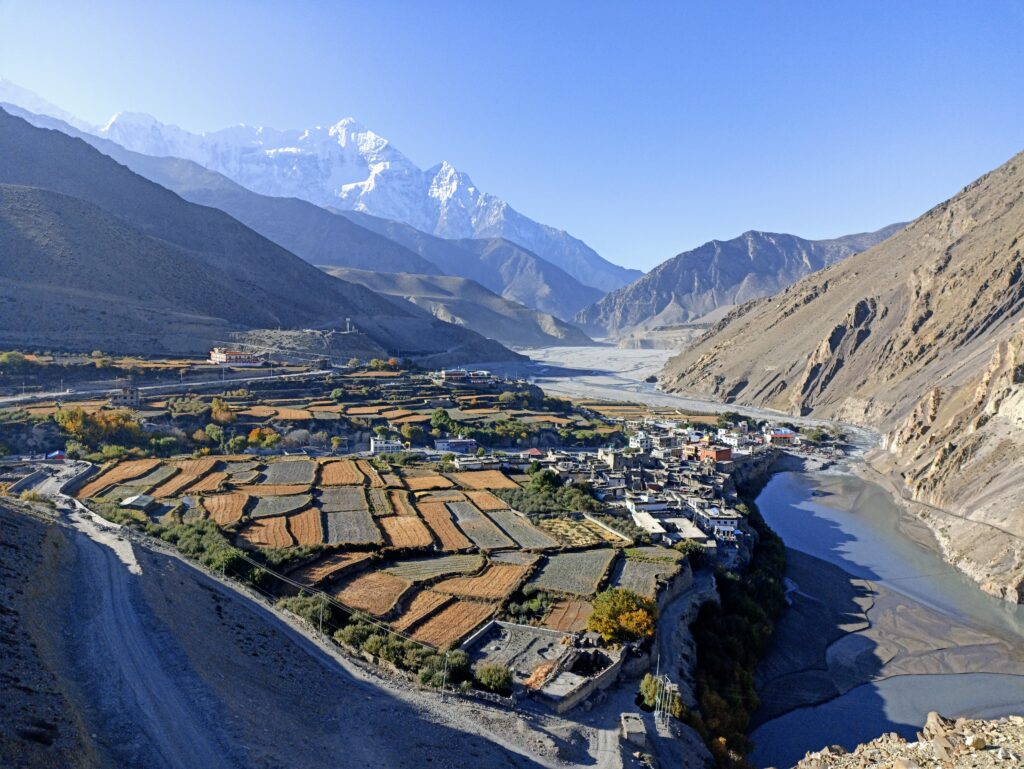
In the face of the disaster, the impacted community responded with resilience and solidarity, highlighted Lama. They quickly mobilised people to clear up the sludge and debris caused by the flooding and made repairs ready for the imminent tourist season. Help – cash and in-kind – poured in from all the neighbouring villages and communities, including from diaspora living abroad. She explained that social media and digital technology helped spread the news about the disaster, and the calls for help reached further and wider. “The community was empowered due to its thriving tourism industry and its economic empowerment. It showed a good example of community cohesion and strong social capital.”
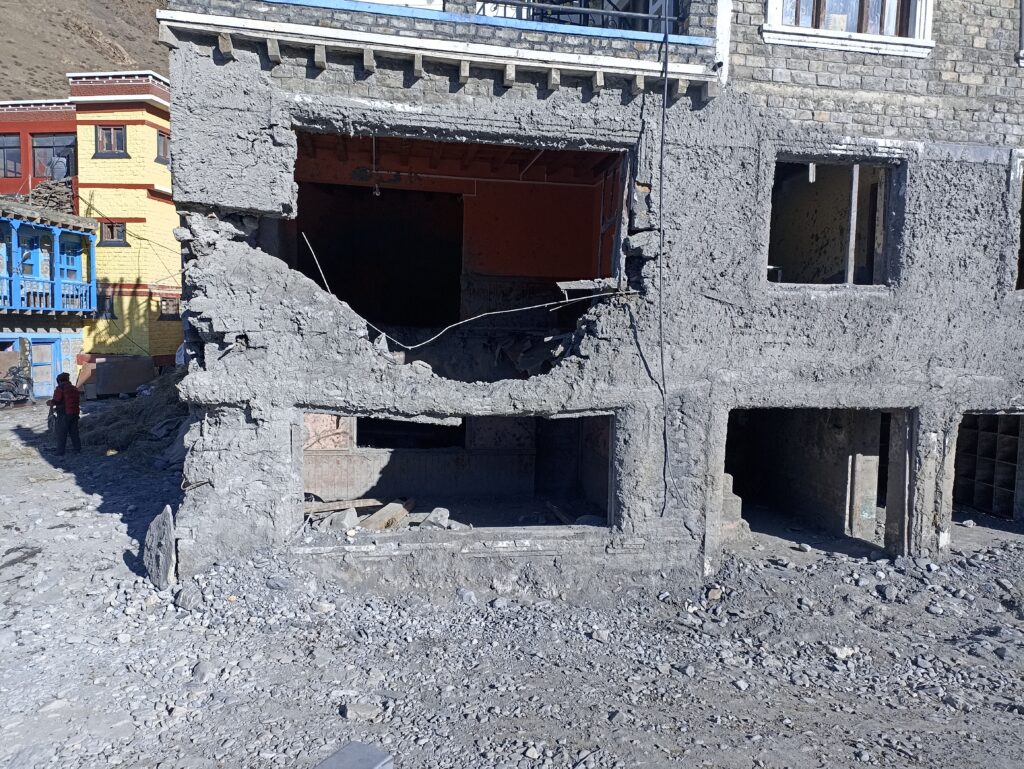
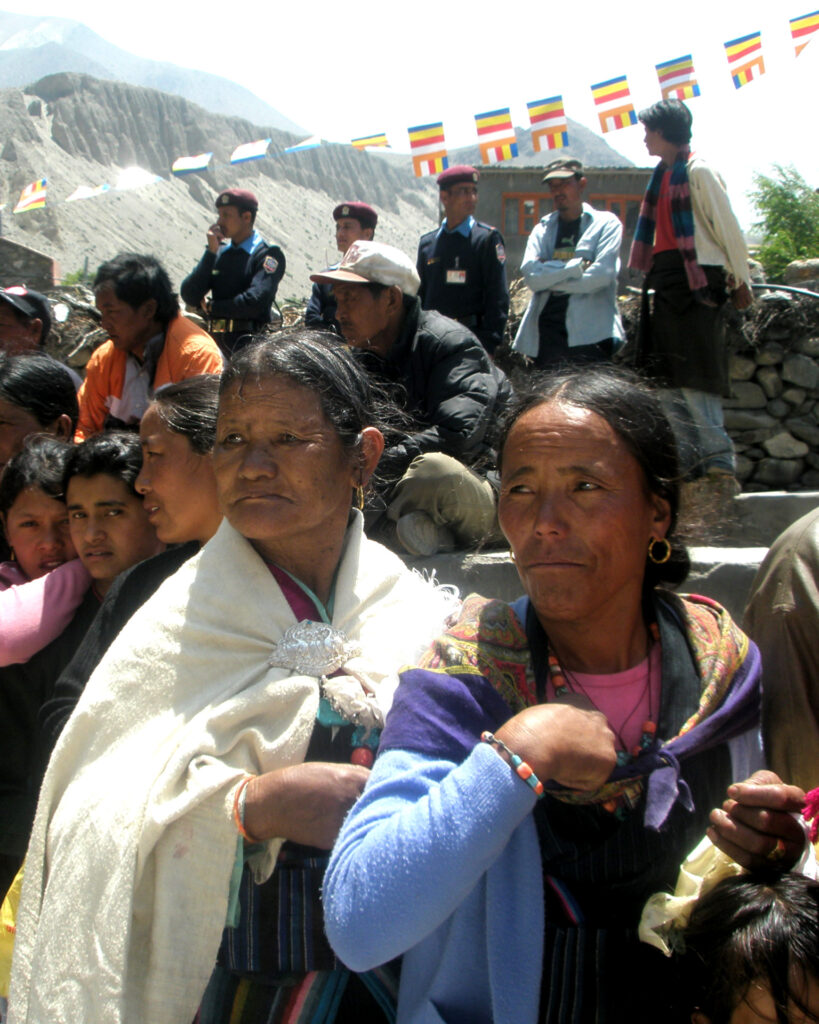
Protecting Tourism Livelihoods and Communities in Nepal
In this case, the community’s resilience and cohesion enabled it to recover quickly from the disaster. However, Lama stressed that the systemic and growing challenges posed by climate change mean far more support is needed for these vulnerable communities.
For example, policymakers and international partners need to shift how they perceive tourism in climate change adaptation and mitigation efforts, said Lama. Despite its integral role in the economic and social fabric of nations like Nepal, tourism remains one of the least prioritised sectors in development interventions and foreign aid.
“Tourism is so fundamental, so crucial, not just for communities and individuals, but for entire nations. It is so fundamental, but overlooked, versus, say, energy and agriculture in policy,” said Lama. “I would like all governments and the international community to realise that tourism is very important for the economy, and it is also a resilient industry because it empowers people,” she added.
In terms of policy interventions, large-scale investment in disaster preparedness, risk mitigation strategies and resilient infrastructure development will be crucial to safeguard Nepal’s vital tourism assets and livelihoods, said Lama. Additionally, she advocates for greater investment in sustainable tourism practices and water use, renewable energy initiatives and capacity-building efforts to empower local communities and enhance climate change resilience.
Importantly, listening to the needs of mountain communities experiencing and responding to climate impacts is vital. “We need to amplify the voices of those most impacted and close the gap between these experiences and policy and investment,” said Lama. As climate change’s impacts are not just limited to individual incomes, for tourist-dependent countries like Nepal, they can cause a national tragedy, she said.
Evelyn Smail
Writer, United Kingdom
Evelyn is a freelance writer and journalist specialising in climate science and policy, the just energy transition and the human impacts of climate change. She writes for independent publications, NGOs and environmental organisations. Evelyn has a background in sustainable development, climate justice and human rights.
Evelyn is a freelance writer and journalist specialising in climate science and policy, the just energy transition and the human impacts of climate change. She writes for independent publications, NGOs and environmental organisations. Evelyn has a background in sustainable development, climate justice and human rights.

